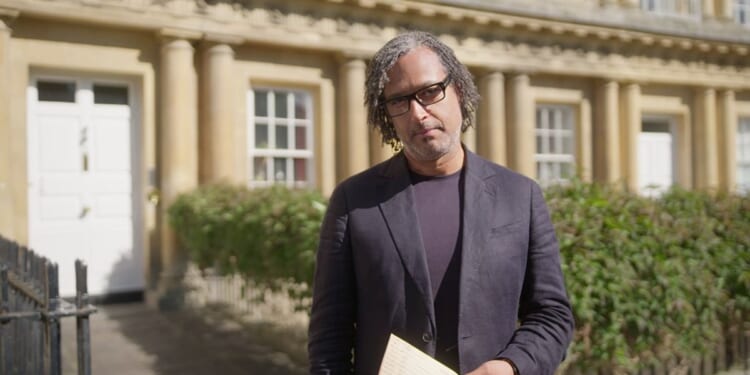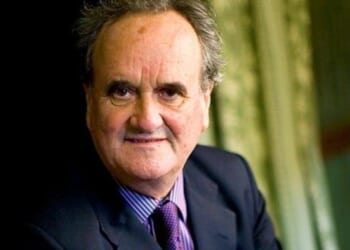“REMEMBER, remember, the fifth of November.” In Journey Through Time, the Celebrity Traitors finalist David Olusoga and a fellow historian, Sarah Churchwell, present a four-part series on the Gunpowder Plot, in “The Gunpowder Plot: Britain’s most famous traitors”.
It portrays the harsh treatment of Roman Catholics in what would become the UK as the new arrangement of Church and State sought to remove Catholicism surgically from these shores. RC priests were forced to work undercover, hiding in priest-holes and using an underground network that enabled them to conduct mass in secret in the homes of recusants who were wealthy enough to pay the fines if caught.
The series deftly weaves together the Church’s story and the nation’s narrative, creating the conditions for dissent. Beleaguered Catholics hoped that James VI of Scotland was a secret sympathiser when he took the throne as James I of England; in fact, he intensified the pressure. The plotters felt that they had no recourse but to tear it down — or, rather, blow it up.
“Kurt Vonnegut and the Real Meaning of the Gospel Story”, in Episode 4 of Telling Stories w/ Tom Thumb, is a short essay, just a ten-minute listen, discussing the American science-fiction writer Vonnegut — particularly his controversial and strange novel Slaughterhouse-Five. The thought-provoking discussion explores what aliens from another planet might make of the Bible and the death of Jesus.
In recent years, Nomad Podcast has sought to champion and include theological voices that are often marginalised or forgotten. The main host, Tim Nash, engages in a wonderful conversation with his 11-year-old son, Elliot, a young theologian and thinker. In “Tim and Elliot Nash: A year of practice, family & the unexpected sacred”, their touching, funny, and wise dialogue reviews a year’s worth of faith experiments in which, each month, they embraced a Christian practice, attempting to encounter God through creativity, silence, pilgrimage — and even attending church, among other things.
This heartfelt conversation considers learning styles, intuition versus reason, and the intergenerational connections needed to build something new. They describe finding an old hi-fi stereo and dismantling it, and then creating a piece of art together, which becomes a beautiful metaphor for how they understand their emerging faith.
“Francis Spufford: How the critically acclaimed author came back to faith” is an older episode of Premier Christianity Magazine’s podcast The Profile. Spufford speaks in depth about his return to faith and the effect that this has had on his life and writing (Feature, 23 November 2024). Beneath the words of his novels, and just out of sight of his characters, lies a Christian world-view, with themes such as forgiveness and redemption. He discusses parenthood, and how to influence one’s children towards faith, as well as being a clergy spouse, which the interviewer finds interesting, given Spufford’s gender.
Spufford is frank and expresses some doubts about his use of expletives in his energetic book Unapologetic, but he provides his rationale, and describes the pushback that he received. Is he a Christian writer, or a writer who is a Christian? Tune in to find out.

















